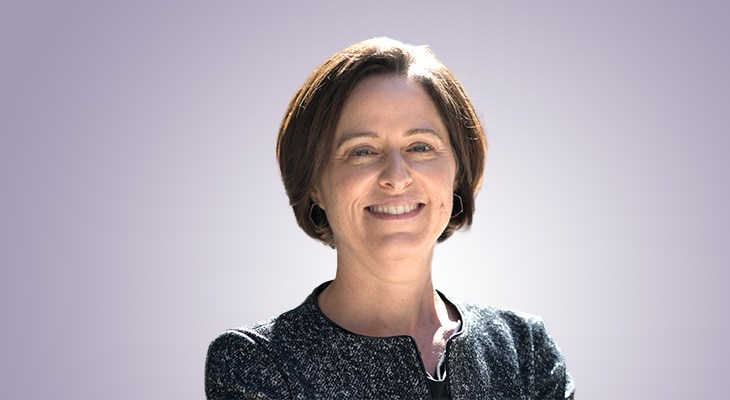Two events — a financial crisis followed by a global pandemic — demonstrated to Jennifer Tescher just how vulnerable the majority of Americans are.
“Most people are living one paycheck away from crisis and my organization, the Financial Health Network, which I founded 18 years ago, is really about helping corporate America understand the situation that their customers, their employees, their communities find themselves in around financial health, and then helps them build the kinds of strategies and solutions that will help improve the financial health of their stakeholders in a way that's actually beneficial for their business,” she says.
That meant engaging not just with incumbents, who can be slow to change, but also investing in early-stage companies that were bringing new ideas, new approaches, new technologies to the market. Tescher says Financial Health Network, for which she is president and CEO, has been investing in early-stage fintech companies “before there was a thing called fintech.” Today, that’s done through an accelerator that is part of the company’s financial solutions lab.
“We've invested in over 50 companies,” she said at the Chicago Smart Business Dealmakers Conference. “They are serving 31 million people across the country, particularly low- and moderate-income consumers, and they have collectively raised additional $1.2 billion of follow-on capital.”
To identify the companies in which to invest, Tescher says the company is lucky in that it is a known quantity and has gotten a lot over the transom. But, just like many other businesses, it has to go out and look for the deals that it really wants to do.
“There are other times where there are companies out there doing awesome stuff who may not realize that what they're doing actually has a positive social impact also,” she says. “They may not be thinking of themselves as someone we’d invest in when we actually would. So, I think there's an education process, both ways.”
There’s something to be said about balancing mission and margin. Growth at all costs, she says, can be helpful, particularly to businesses that are serving lower-income consumer markets because those businesses are going to need a lot of scale to ultimately reach profitability.
“But when the market dynamic shifts, like it has now, and now it is all about ‘winter is coming’ and can you make money? And if so, when? And if not, we think you should move up market, go make money somewhere else, first. You can come back to your original idea later. That can be very challenging for entrepreneurs to overcome because once you've made that shift, you're never going to go back,” Tescher says. “And in fact, my experience is that serving a market that you may not have thought was a profitable market is a great way to start because ultimately these challenges are challenges that everyone faces. Financial health is an issue that all of us face and so it's it can be very easy to expand your business more broadly once you’ve started with the market that is thought to be the most challenging to reach or to make profitability with.”
Companies, however, that start the other direction have no economic incentive from their investors to go the other way.
“Some of this is just math,” she says. “But I think another part of this is that investors are often looking for patterns. ‘Well, I've seen it done this way. It's worked five times in other deals that I've done that look like this. This looks a little different. I don't know so much about that.’ And I think that if we're really going to make change at scale at some of the biggest challenges that we face in this country, we're really going to have to be brave. And we're going to have to look beyond what we might have done before. Doesn't mean we're going to be stupid and just throw money, but I believe that there are absolutely ways to underwrite those kind of deals without having to just go back to what you know.”




